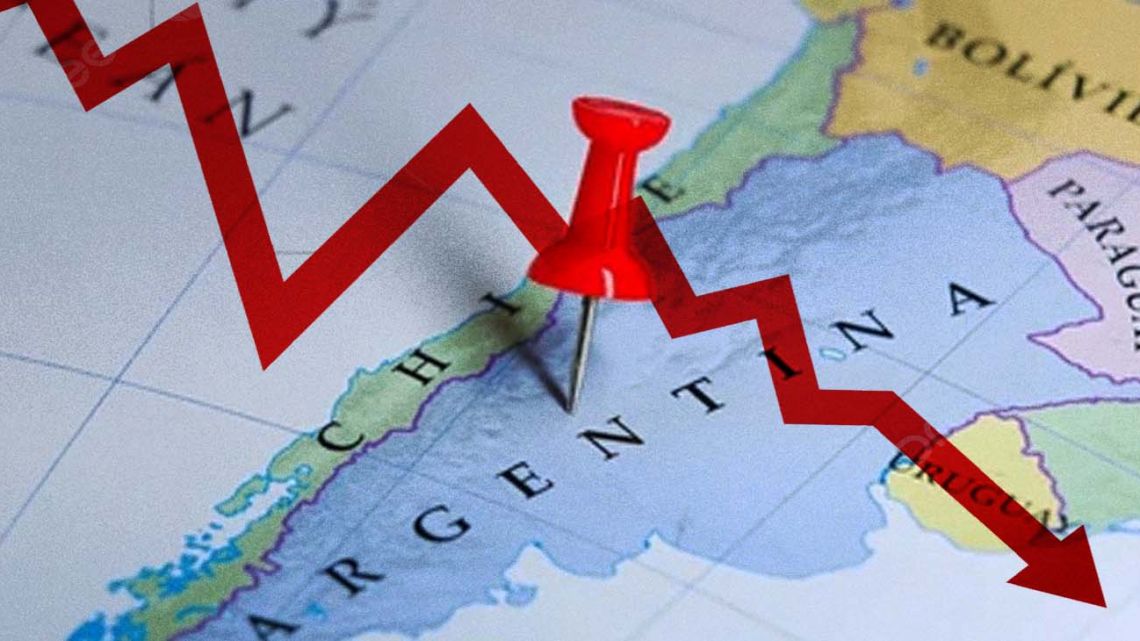Gabon recently made headlines with its constitutional referendum, where 91.64% of voters approved a new constitution.
This vote is significant, especially in light of the military coup that ousted President Ali Bongo Ondimba in August 2023, ending over 55 years of Bongo family rule.
The referendum marks a potential turning point for Gabon as it seeks to establish civilian governance. The new constitution introduces key reforms aimed at preventing dynastic leadership.
It limits presidential terms to two consecutive seven-year periods and explicitly bars family members of current presidents from succeeding them. This change reflects a desire for a more democratic political landscape.
Moreover, the new governance structure eliminates the role of the prime minister, concentrating power within the presidency.
 Gabon’s Constitutional Shift: A New Chapter or a Military Maneuver? (Photo Internet reproduction)
Gabon’s Constitutional Shift: A New Chapter or a Military Maneuver? (Photo Internet reproduction)General Brice Oligui Nguema, who led the coup, now holds significant authority and has expressed intentions to transition power back to civilians.
However, he also shows ambition to run in the next presidential elections scheduled for August 2025. Voter turnout for this referendum was reported at 54.18%, slightly better than earlier estimates.
Gabon’s Constitutional Changes
However, discrepancies between provisional and final results have raised questions about the voting process’s legitimacy. Official figures show 853,028 registered voters and 462,166 votes cast, with 416,382 deemed valid.
Despite government assurances of transparency, many critics remain skeptical. They argue that state influence may have swayed public opinion toward supporting the new constitution.
This constitutional change is not just a local issue; it has broader implications for West Africa. The region has seen a rise in military coups, and Gabon’s situation could influence how other nations approach governance and military power.
Economically, Gabon is rich in oil but struggles with high youth unemployment rates nearing 40% among those aged 15 to 24. The new governance framework could potentially address these pressing socio-economic challenges if implemented properly.
The international community will be watching closely. If the constitutional changes are viewed as a way for General Nguema to strengthen his grip on power rather than genuinely promote democracy, it could impact Gabon‘s foreign relations and investment opportunities.
While the reforms seem promising on paper, they may also reinforce military control disguised as progress. Legal experts express concerns that General Nguema’s ambitions could lead to a situation where he uses these changes to legitimize his rule.
As Gabon approaches its next presidential election in August 2025, the nation stands at a critical juncture. Observers will be keen to see whether these developments lead to true democratic progress or simply maintain the status quo under military influence.
Understanding this situation matters because it reflects broader themes of governance and accountability that resonate well beyond Gabon’s borders.

 By The Rio Times | Created at 2024-11-30 06:07:50 | Updated at 2024-12-01 03:41:07
1 day ago
By The Rio Times | Created at 2024-11-30 06:07:50 | Updated at 2024-12-01 03:41:07
1 day ago








